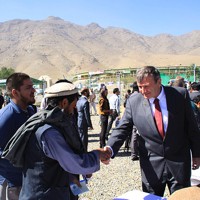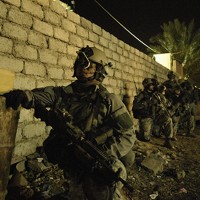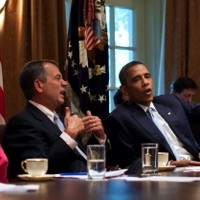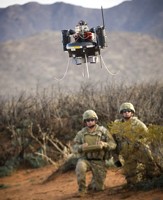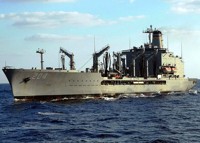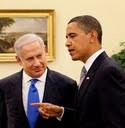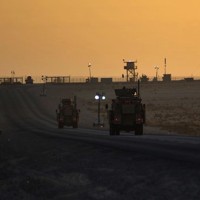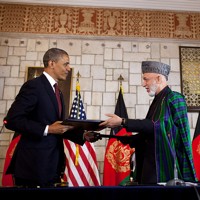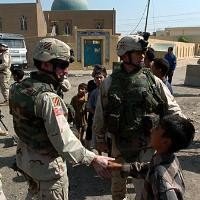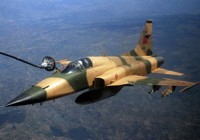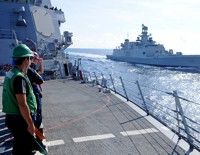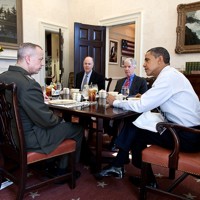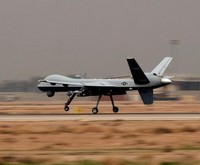
In “The Imperial Presidency: Drone Power and Congressional Oversight,” Michael Cohen argues persuasively that the U.S. Congress has abdicated its constitutional and statutory responsibility to reign in the executive branch in matters of national security policy. Then again, few who have been paying attention this past decade — some would say, the past several decades — need much convincing on that point. Yet, while I agree with Cohen that we desperately need Congress to do its job here as a matter of principle, it’s far from clear that it would change our policy. Cohen cites the extraordinary decision to kill […]

